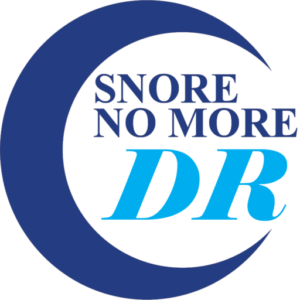Take a Deep Breath
“Deep breathing is a BIG part of your well-being. It’s even more important than drinking water. It’s right up there with life itself.” Abraham Hicks
Deep breathing via exercise.
Exercise conditions our bodies to optimally inhale and utilize the air we breathe. Upon exertion, we expand our nostrils and forcibly inhale air into our trachea, down into our lungs and eventually it makes its way into our blood stream. The oxygenated blood travels to our muscles giving them the ability to more effectively utilize the body’s accumulative food stores for energy production. In effect creating a condition where our bodies become more efficient biological engines, maximizing power, minimizing waste, and decreasing accumulated fat stores. Deep breathing improves your blood flow by releasing carbon dioxide and increasing the oxygen supply more effectively.
Deep breathing via weight loss
Breathing is more efficient on a lean body than one that is encumbered with excessive weight. Lean body mass when regulated so as to use the most efficient food groups on a timely basis to create energy, assist in organ repair, and enhance our immune systems, can be a science of common sense. In utilizing the food groups of protein, vegetables, fruits, and grains we should not over indulge. It is for that reason that it is recommended to have smaller meals of mixed food groups, eaten multiple times during the day (i.e. five meals a day). By doing this, the nutrients are utilized on an as needed basis, our appetites are satisfied, and little is left for fat storage. Deep breathing during the day can be like a full massage for your internal organs, improving the entire body’s circulation, enhancing digestion, maximizing nutrient utilization and minimizing fat storage.
Deep breathing via sleep position
The position we sleep in can enhance our breathing. If we sleep on our backs, our tongue and soft palate will relax and gravity will cause them to obstruct our airway. Sleeping on our stomachs puts our nose, mouth, and diaphragm in an awkward position to inhale air. Ideally the best sleep position is on one’s side. Here our airway is most exposed and gravity is minimized.
Deep breathing via Relaxation techniques
Like most everything else, breathing is most efficient and effective when it is moderate and consistent. Stress, agitation, and any type of emotional upset, can create shallower, more rapid breathing. Relaxation techniques such as meditation, yoga and self-hypnosis will result in deep, strong, slow, and consistent breathing. Breathe slowly, purposefully, and deeply to feel relaxed instantly.
How to deep breathe?
1. Inhale through your nose, expand your belly, and fill your chest while counting to five.
2. Hold, and count to three.
3. Exhale completely with a slightly open mouth while counting to five.
4. Repeat until satisfied.
Oxygenation improves blood circulation in the brain, warding off Alzheimer’s and dementia. Deep breathing is essential in wound healing, expediting the healing process and in closing the wound faster and more thoroughly. Deep breathing is an essential element in the immune system because it maximizes the energy necessary for our immune system to defend itself against potential and existing disease conditions. When all the above is done on a routine basis, you will dramatically improve your health, well-being, and your happiness.



